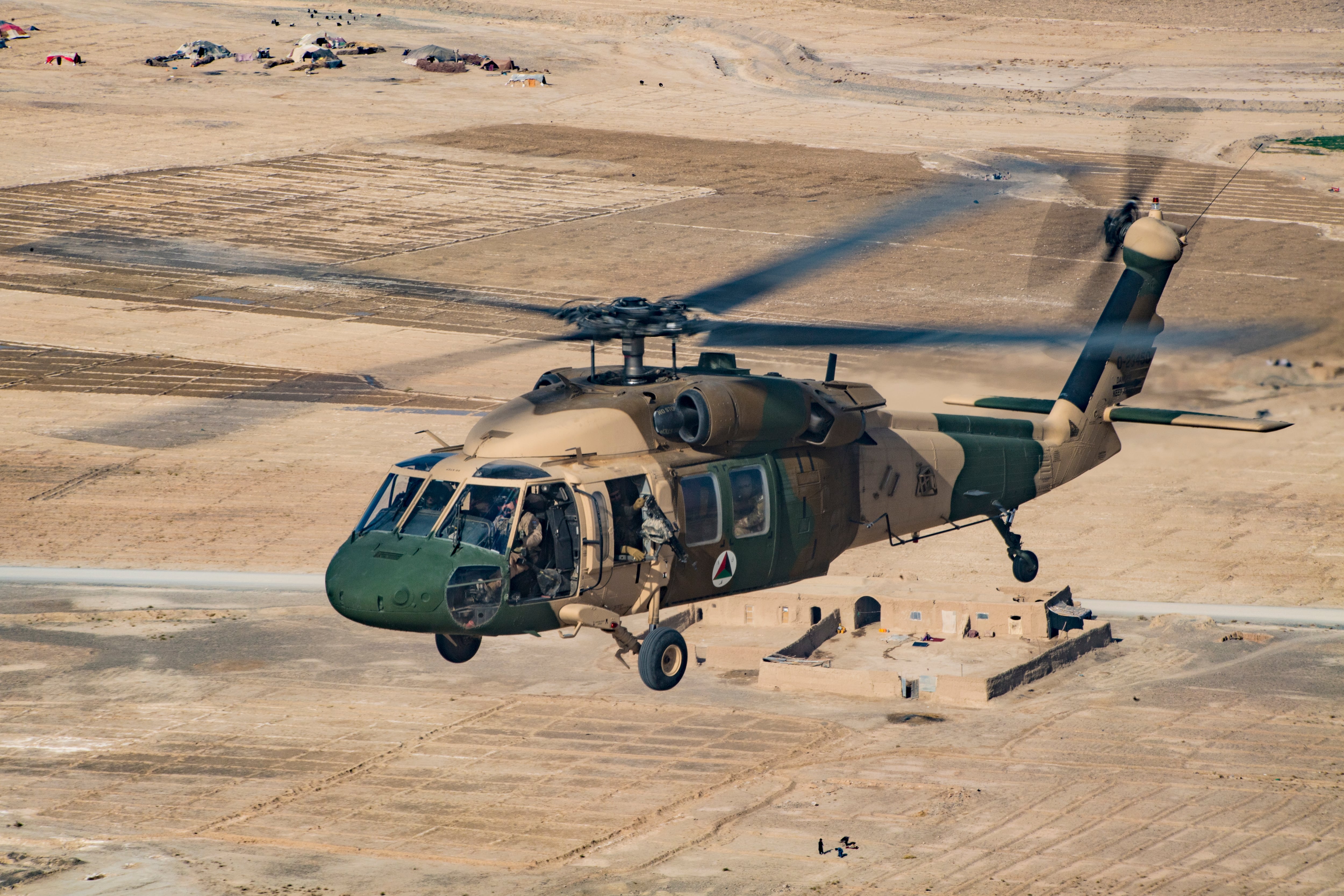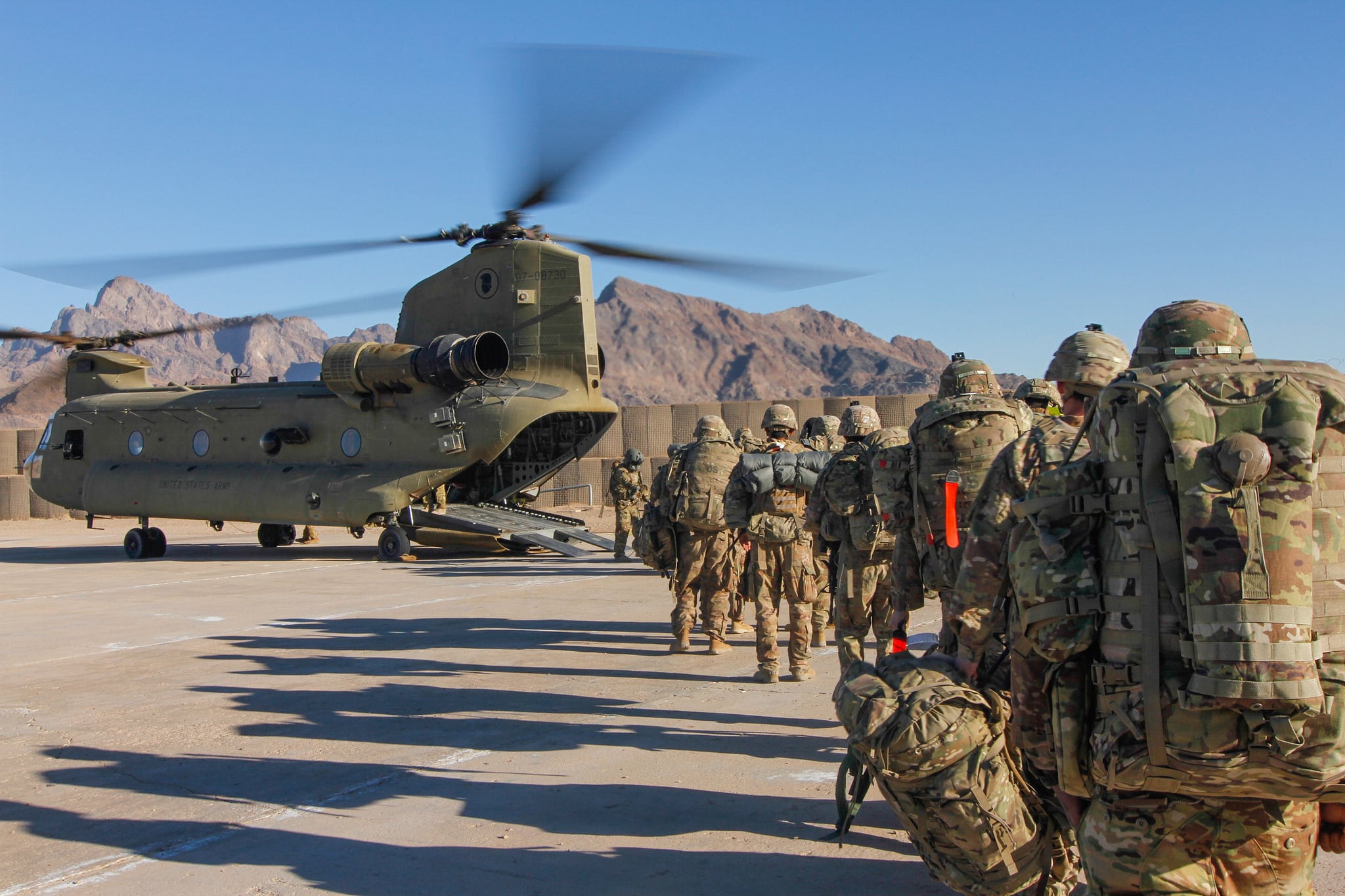As President Trump considers pulling all U.S. forces out of Afghanistan, and with the Senate coming together this week to rebuke such a plan, a watchdog report released this week showcases the fragility of the reconstruction effort.
The U.S. government has spent at least $132 billion on Afghanistan since 2002 to stabilize a country torn apart by four decades of war, according to the latest report by the Defense Department’s Special Inspector General for Afghanistan Reconstruction.
The SIGAR findings released this week echo similarly dismal findings in past reports.
Despite all the money spent and lives lost there, only about half the total number of districts in Afghanistan are under the control of the government, with eight falling out of Kabul’s control since 2017, according to the SIGAR report.
Billions have been spent to build a competent Afghan army and police force, with U.S. officials over the years promoting a message that “as they stand up, we will stand down.”
RELATED

But the SIGAR report finds that the Afghan security forces are at their lowest levels since 2015, when U.S. forces changed the Afghan mission’s name to “Resolute Support.”
Afghan President Ashraf Ghani said in November that more than 28,000 Afghan police and soldiers have been killed since then.
At the same time, Afghanistan’s institutions and rule of law remain works in progress, as they have for the nearly 20 years that U.S. boots have been on the ground there.
Advocates for the war have stressed over the years that the Afghan government must prove itself trustworthy and capable in order to turn citizens away from the Taliban and other insurgent groups.
But the SIGAR report states that “the Afghan government has made insufficient progress to investigate and prosecute corruption cases.”
“The Afghan government has not yet demonstrated sufficient motivation or action to deter future corrupt actors, or to convince the Afghan people that the government is serious about combating corruption,” the report states.
Drug trafficking remains endemic, the report found, and U.S. forces have observed “senior Afghan security force leaders and civilian provincial authorities often controlling narcotics trafficking networks in the western, southwestern, and northern regions.”
The latest report also points to findings last year that showed the U.S. government “overestimated its ability to build and reform government institutions in Afghanistan.”
“The stabilization strategy and the programs used to achieve it were not properly tailored to the Afghan context,” the report states. “Successes in stabilizing Afghan districts rarely lasted longer than the physical presence of Coalition troops and civilians.”
The report cites a U.S. plan to bolster Afghanistan’s air force with UH-60 Black Hawk choppers but notes that there will likely not be enough pilots to fly all the helicopters that are delivered.
RELATED

Afghanistan’s mostly illiterate population has not produced enough maintenance personnel, which will limit Black Hawk operations because Pentagon policy prohibits U.S. contractors from working at maintenance sites were there are no NATO forces due to security concerns, according to the report.
While proponents of staying in Afghanistan warn that insurgent groups could use the country to once again plan 9/11-style terrorist attacks, the SIGAR report found that the Islamic State’s Afghanistan branch, IS-K, claimed just three attacks in the last quarter, down from 14 in the quarter before that.
But that green shoot came with a caveat.
“However, there were 74 attacks this quarter conducted by unidentified armed groups-some of which could have been IS-K-that killed 220 people,” the report states.
Officials this week signaled hope regarding the latest peace talks with the Taliban that they hope would pave the way to an end to America’s longest war.
Trump decried the “total mess” he says he inherited in Afghanistan and Syria in a tweet Friday, signaling again his displeasure with the “’Endless Wars’ of unlimited spending and death.”
But the U.S. Senate hasn’t seen it that way, and members came together in a fleeting moment of bipartisan purpose this week to advance an amendment that would oppose the withdrawal of U.S. forces from Afghanistan and Syria.
“ISIS and al-Qaida have yet to be defeated,” Majority Leader Mitch McConnell said. “And American national security interests require continued commitment to our missions there.”
Geoff is the managing editor of Military Times, but he still loves writing stories. He covered Iraq and Afghanistan extensively and was a reporter at the Chicago Tribune. He welcomes any and all kinds of tips at geoffz@militarytimes.com.





